About the artist
Herman de Vries, a distinguished Dutch artist born on July 11, 1931, in Alkmaar, chooses to present his name in lowercase—herman de vries—on his artworks as a statement against hierarchical structures. Alongside his wife Susanne, de Vries resides and creates in Eschenau, near Knetzgau, Germany, where nature and the environment play a central role in his artistic exploration.
De Vries embarked on his artistic journey with a focus on "nature and plants" starting in 1953 and transitioned to painting towards the end of the 1950s. His work often intertwines with environmental themes and historical narratives, offering a profound critique and celebration of the natural world.
A notable installation by de Vries, unveiled in May 2002 along the banks of the Rhine in Düsseldorf, serves as a poignant critique of Saint Boniface's historic act of felling the Donar Oak. This piece features a 7-meter tall oak tree encircled by a palisade of cast-iron spears, each tip gilded in gold. Inscribed along this barrier, in Latin, is the phrase "wynfrith me caesit--herman me recreavit" ("Wynfrid cut me down, Herman resurrected me"), symbolizing a rebirth and homage to the ancient tree's significance.
In 1993, during the World Horticultural Exposition in Stuttgart, de Vries created "Sanctuarium," a serene forest space enclosed by a circular palisade of wrought iron spears, again with gold tips. This installation was intended as a sacred, undisturbed haven. However, in a controversial move in 2018, the city's parks department cleared the area as part of a routine pruning policy, prompting de Vries and two fellow artists to consider legal action in defense of the artwork's integrity. A similar installation by de Vries, located in Münster, is protected by a brick wall, underscoring his commitment to creating spaces that invite reflection on our relationship with nature and the environment.


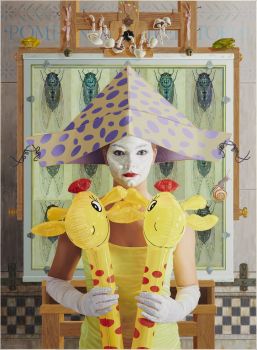

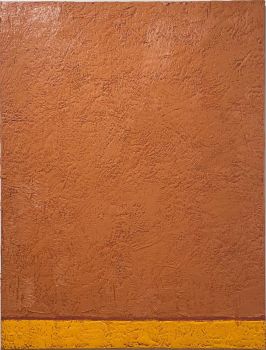
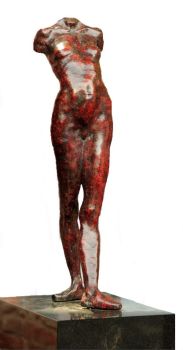
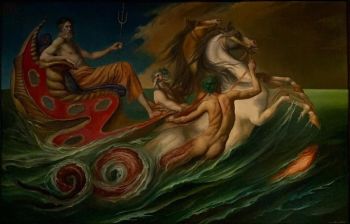


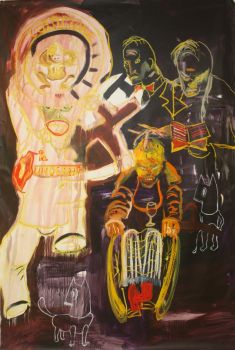
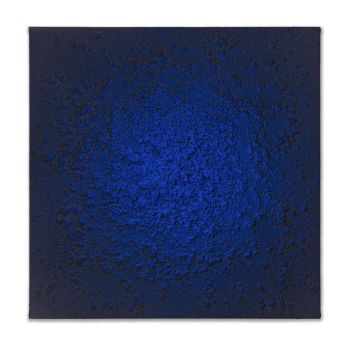

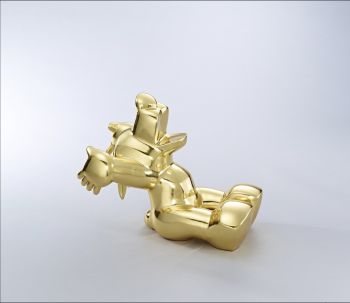
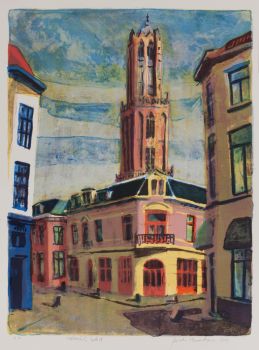
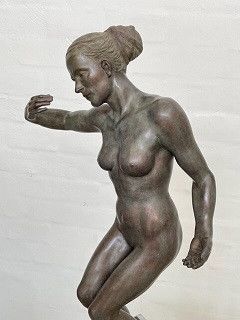

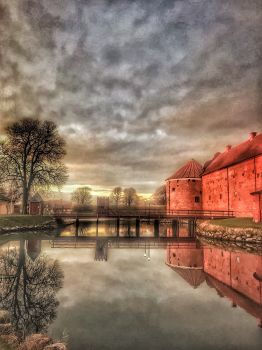
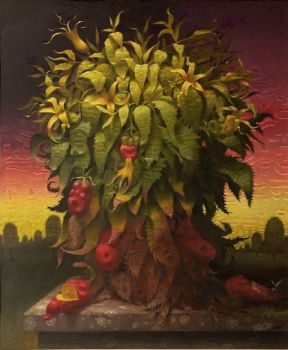
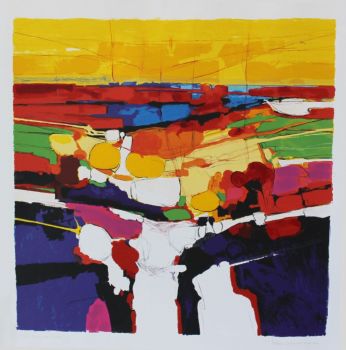
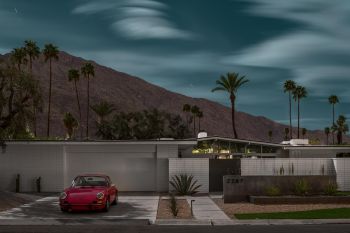
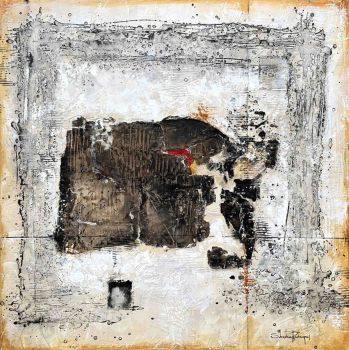

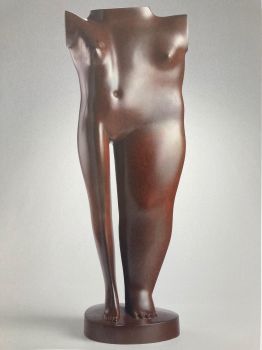
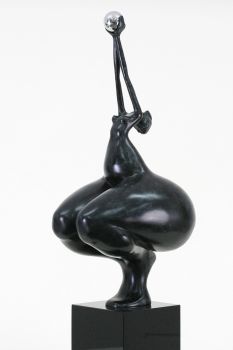
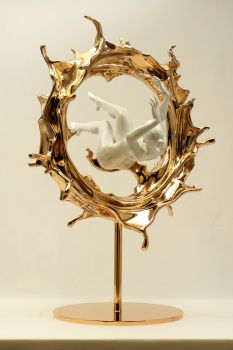




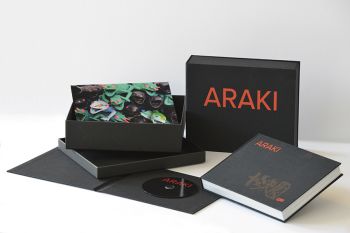


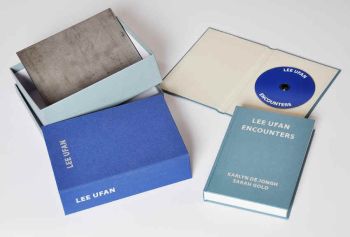





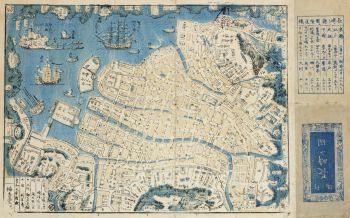
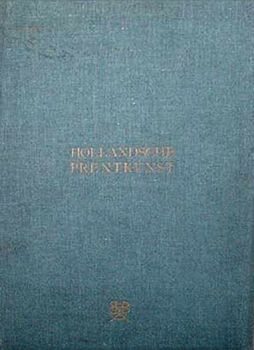
!["SKIMMING THE WATER [MENAGE A QUATRE]" Signed book plus small artwork by LAWRENCE WEINER](https://media-2.gallerease.com/images/442bfd5f-fc31-4e18-a2fa-ee0c08eade64/350x350/skimming-the-water-menage-a-quatre-signed-book-plus-small-artwork.jpg)
